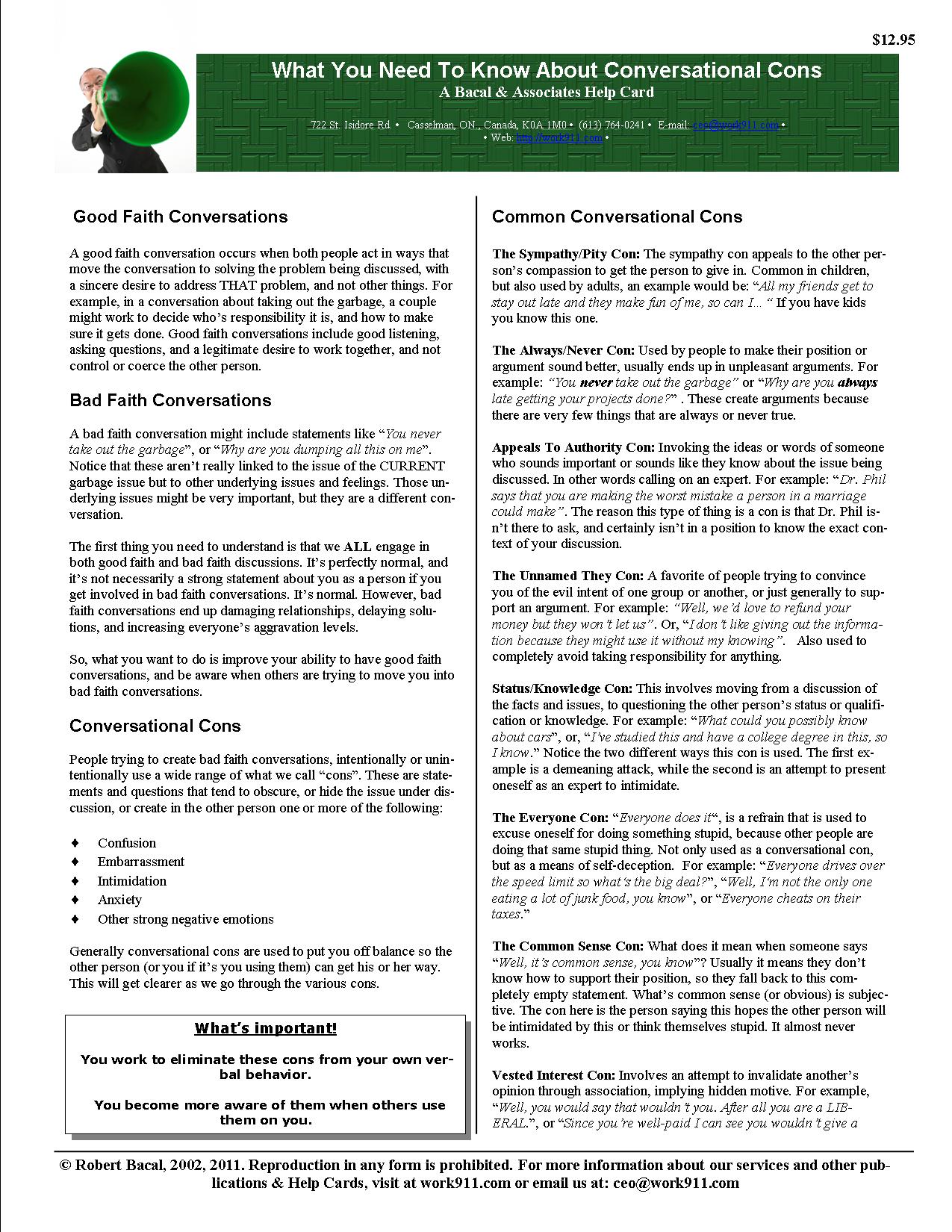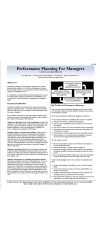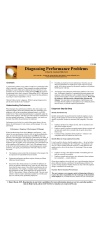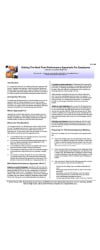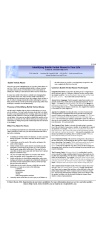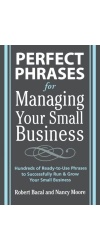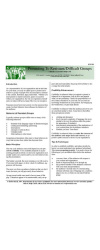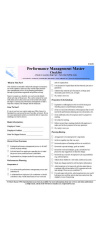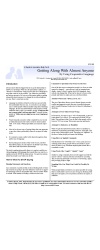Original price was: $12.95.$12.94Current price is: $12.94.
We usually associate discipline as some sort of punishment, but that’s no the original meaning of the term. It has very little to do with punishment, except as a side effect. Read more to find out.
Description
Progressive Discipline – Learn to Address Performance Problems More Effectively.
“What is the original meaning of “discipline”? How have we forgotten what it really means?
We got lost
The original Latin meaning of the word “disciplina” refers to education and training, self-control and determination, knowledge in a field of study, and an orderly way of life.
Does they way you deal with employees reflect the original meaning? Or have you, like many in our society, fallen into the trap of punishment?
Discipline and Performance Problems – It need not be painful.
Most managers and supervisors dread dealing with problem or low-performing employees. One reason is mistaking discipline with punishment. If all you can do is punish someone for poor performance the likelihood is you are going to get worse performance, and a whole lot of grief.
However, if you see discipline as a process of teaching and learning, and take on the role of supporter rather than punisher, chances are the outcomes will be better.
There’s a second reason managers face “disciplinary” situations with anxiety and dread. Few managers have been taught how to do it. If you have the understanding and skills, performance issues can be dealt with before they get out of control and in ways that do not provoke emotional responses for both parties.
As part of our series to performance appraisal and management tools, we’ve put together everything you will need to take positive, firm, proactive steps with employees who are performing below expectations.
It doesn’t need to hurt. It doesn’t need to be painful.
Content and Philosophy.
Thinking that we think discipline should be some kind of namby-pamby weak form of interaction stolen from the drug crazed hippies of the 60’s?
Uh Uh. You need to stay away from both extremes: Being hard and punishing will evoke anger from the other person, making it impossible for him or her to hear you. Being too soft, and not standing your ground usually sends the message that “you aren’t serious about the issue”. Get rid of them both!
This helpcard approaches progressive discipline by suggesting that the process should be started early on, and not when the only options are punishment and/or termination.
Three levels of progressive discipline are explained step by step, so you can try to work cooperatively with employees before having to impose consequences upon them.
Here’s a summary of the sections:
- What Is Progressive Discipline
- What Progressive Discipline Isn’t
- Progressive Discipline Step-By-Step
- Level 1 – Identification and Cooperation
- Level 2 – Cooperative Consequences Added
- Level 3 – Unilateral Consequences
- The Level 3 Meeting/Discussion Very Important!
